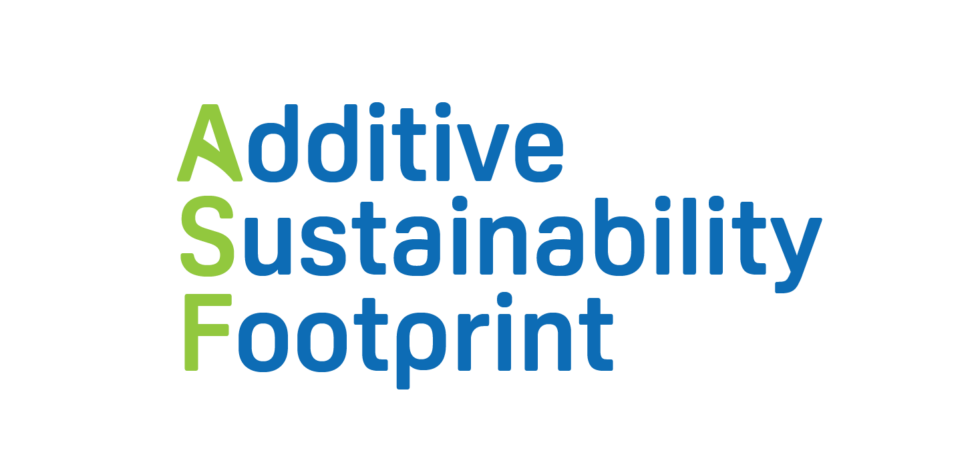Webinar: ASF® Introduction
On 9th December 2021, VinylPlus held an introductory webinar on the Additive Sustainability Footprint (ASF®), attended by around 140 delegates from 19 countries.
Despite being a minor part of PVC articles by weight, additives contribute disproportionately to desirable performance (durability, longevity, potential recyclability, etc.) and to regulatory concern.
An assessment of the use and roles of additives using the science-based sustainability principles promoted by The Natural Step (TNS) enables ASF to highlight sustainability challenges, areas for sustainable innovation, and also positive contributions to the sustainability of articles and meeting the UN Sustainable Development Goals.
The webinar established broader contexts including:
- The EU Green Deal “To make Europe climate neutral in 2050”, five relevant elements for PVC including: the Circular Economy Action Plan (CEAP); Chemical Strategy for Sustainability; “Fit for 55” Package; Renovation Wave; and the Revision of Construction Products Regulation.
These create opportunities and challenges, particularly relevant to Pathway 2 of the VinylPlus 2030 Commitment , including Action Area 2 ‘Embracing the sustainable use of chemical substances’ - Finding a sustainable pathway is urgent, as rising population growth and products demand conflict with declining natural resources and capacities, generating social, regulatory, ecological, economic, and technical challenges.
Understanding some fundamental and science-based sustainability principles, and applying them proactively across material life cycles, can best promote sustainable development and future markets.
Importantly, such approaches must present a ‘level playing field’ for all materials, not single out PVC as distinctly different.
ASF is based on the TNS Strategic Life Cycle Assessment (SLCA) approach, back casting from TNS sustainability principles to provide a robust basis for sustainable innovation. ASF addresses both positive and negative aspects across whole article life cycles, adding interlinked environmental and social principles to the Life Cycle Assessment approach. Six life cycle stages defined in ISO standards 14040/14044 are set against the four TNS sustainability principles, addressed through a generic set of seven questions covering negative impacts but also positive contributions to article performance. Functional benefits are omitted by most chemical assessment tools, but are important for identifying and promoting positive contributions of additives to sustainability.
Addressing these ASF questions promotes dialogue along the PVC article value chains, identifying co-dependencies between additive manufacturers, supply chains, and downstream customers and users. This whole-systems approach to a sustainable use of additives recognises significant positive contributions, such as long service lives and inherent recyclability.
ASF goes beyond regulatory priorities, identifying self-beneficial outcomes such as:
- Additive producers: understanding performance of additives in specific articles, informing customer dialogue, and innovation to become ‘suppliers of choice’;
- Converters: awareness of how innovation and informed choice of additives can increase sustainability, and evidence to secure the VinylPlus® Product Label;
- Industry and society: a common approach using but augmenting existing investments in material knowledge, aiding communication about sustainable progress including with regulators about a risk-based approach.
Training Programme
ASF is implemented through a ten-step process, supported by guidance materials and online tools. A training programme has been developed to build capacity and support implementation with leading individuals in additive manufacturing companies through three stages: understanding, assessment and innovation.
The training programme includes the option of having group webinars (potentially more widely accessible) to share costs, allowing some company-specific coaching to protect confidentiality on application to specific products. The training begins with a readiness assessment, leading to the learning programme and the access to tools.
To enrol in the training, companies should contact the VinylPlus team for an application form.
Trained companies, including their trained project leaders, can then develop ASF’s and associated action plans. These may be externally validated. Audited ASF can support VinylPlus Supplier Certificate and VinylPlus Product Label certification. Accredited companies can become ambassadors of the use of science-based tools to accelerate the change to sustainability.
ASF’s are related to additive use in specific articles. Despite being article-specific (according to the degree of actual recycling, different material sourcing routes, etc.), answers to ASF questions are adaptable for use in other ASF assessments if relevant. Founded on generic life cycle and sustainability principles, ASF tools are applicable both within Europe and globally. They are also inherently adaptable to non-PVC materials.

